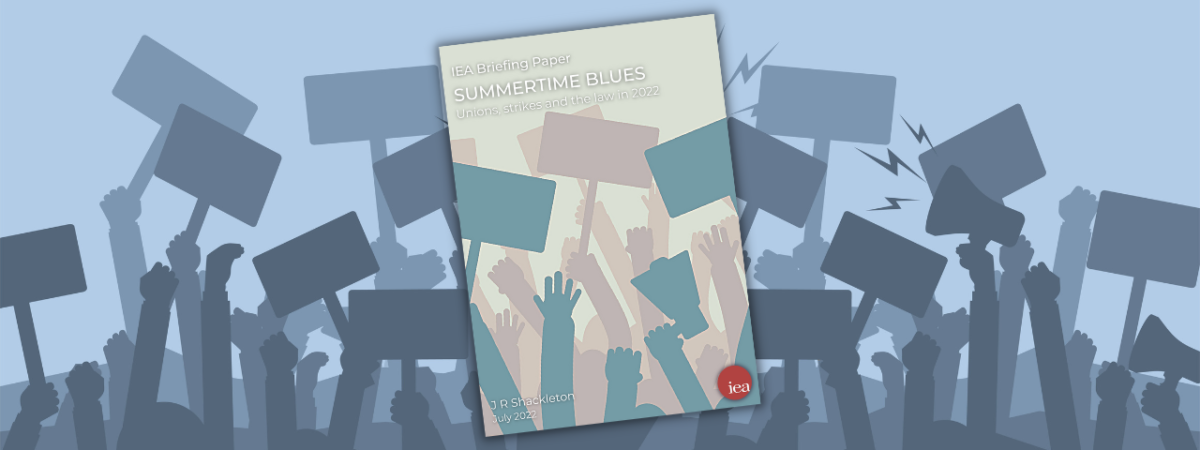A Silent Revolution: The intellectual origins of cancel culture
SUGGESTED



Summary
- Networks of intellectual elites are a powerful, slow-motion route for
introducing new ideas into a society, and this has been true since the rise
of Christianity. Such a strategy is hard to deliberately sustain,
because its payoff is slow to arrive. However, in recent British history both
the Fabians and the publishers of this paper, the Institute of Economic
Affairs – inspired by Friedrich Hayek’s analysis – have demonstrated this
technique’s enduring effectiveness. - The Long March strategy of the Sixties and Seventies, institutionalised and perpetuated less by conspiracy than by regulatory overreach, has benefited from the same slow, silent accretion of influence.
- Today’s cancellations are the continued working out of the New Left’s irreconcilable desire to be both anti-totalitarian and revolutionary.
- Even a term like ‘cancel culture’ suggests nebulous, organic change without a clear origin or cause. But the shift against free speech, at first slow and now rapid, was deliberately set in motion and pursued by one, highly influential intellectual movement. The architects of New Labour were trained by the New Left. Terms like ‘critical race theory’, which seem to come from nowhere to dominate the headlines, are the direct descendants of critical theory as developed and promoted by the Frankfurt School.
- Since contemporary attacks on free speech share an intellectual framework, they demand more than a case-by-case response. Today’s cancel culture is not invulnerable. That does not, however, guarantee a short-term solution. The New Left and its heirs re-engineered the political landscape by working on a multi-decade timescale. The Institute of Economic Affairs itself was founded to exploit the same trick. While today’s 24-hour news cycle has increased the demand for quick fixes, the New Left’s current triumph should, above all, encourage a renewal of long-term thinking by those who would overturn the present hegemony.
- In the UK, the regulatory structures imposed by New Labour, in particular the Equality Act, continue to require institutions to prioritise diversity and equity concerns in ways that make speech repression a rational response.
- Uncovering the regulatory structures which incentivise cancel culture, alongside campaigning for regulatory reform, and against new rules with censorious consequences, offers one promising path to defend the principles of free and open debate. But the future will belong to those who can, like the New Left and Friedrich Hayek, lift their eyes to the far horizon and reimagine its possibilities.
Fullscreen Mode



